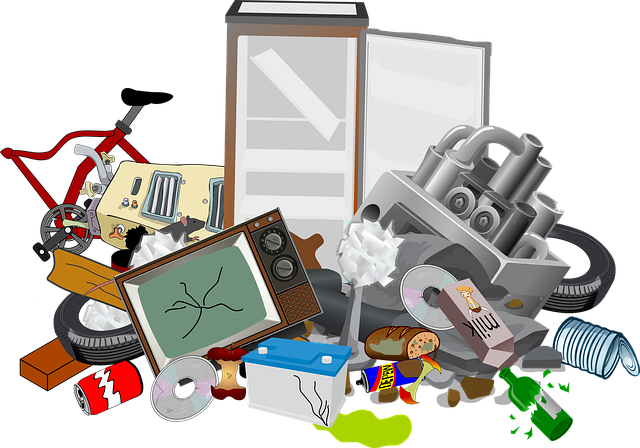
An Oct. 1st fire at the Yolo County Central Landfill in California was announced by officials to have been caused by an improperly disposed battery pack. The fire was ignited at about 1 a.m. reaching a half-acre in size. According to the Davis Fire Department, it threatened a nearby lumber storage facility. Investigators traced the source of the fire to a lithium battery, tossed in with regular trash. Batteries are considered hazardous waste and require special disposal procedures; they do not belong in the regular trash or in curbside recycling.
Lithium batteries have also been the reason for spontaneously combusting consumer devices in recent years such as hoverboards and Samsung Galaxy Note smartphones. Some owners were severely burned and even lost their lives when products suddenly caught fire while in use.
As the holiday season gets closer, there is typically an increase in the gifting of battery-powered gadgets and toys. It is important to dispose of old devices safely. Laptops, e-cigarettes, and vape pens, smartphones, watches, and rechargeable power tools are just a few items to watch out for. Landfill fires can be avoided by not throwing away batteries in trash or recycling bins.
Landfill facilities and garbage trucks are full of paper products and other flammable materials. Being pushed around, the pressure and heat alone cause the battery to reach such a high temperature that anything around it can catch fire.
Although a battery might seem dead, if the battery terminal is exposed, it still holds active energy. If it is met with another piece of metal, this could start a fire. Damaged batteries that swell, leak, overheat or smoke should be kept separate in a non-flammable, absorbent material such as sand or cat litter and kept in a cool, dry area.
Batteries should then be stored and disposed of separately. Either by clear plastic bags or by covering the terminals with non-conductive packaging or tape so they do not touch one another. They should then be taken to a designated hazardous waste facility.
For more information about battery disposal and recycling, visit www.call2recycle.org.